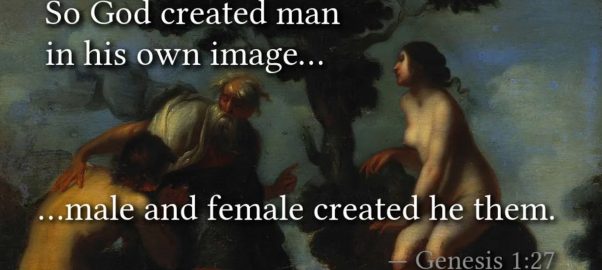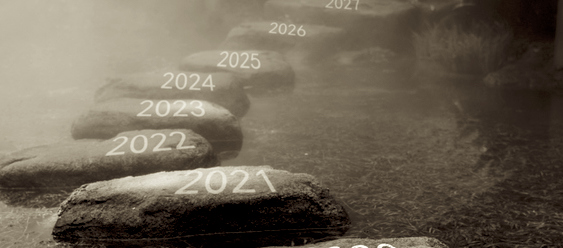
Every day we are inundated with information on personal growth, including new elixirs, exercise programs, and new age philosophies promising mindfulness and wellness. While some of this information has value, the proponents of these ideas (OK, the marketing teams) often leave out more substantial insights leading to human flourishing.
Alongside the quick fixes and snake oils are more serious issues, with many struggling for healing and wholeness, personal purpose, and progress in life. Compassion is in order as we help others overcome a variety of abuses and afflictions.
A third reality is infecting our world: delayed adulthood and many never becoming adults emotionally or mentally, trapped in an adolescence that will one day become premature senility. Until the last 75 years, adulthood began in the teen years and fully blossomed in one’s twenties. Then an extended “youth culture” was invented and three generations (in the Western middle and upper classes) have been raised with the notion that “adulting” can be delayed to the 30s.
How do we bring a modicum of sanity to the emotional and social anarchy metastasizing on social media? There is hope, and it is found in the enduring insights of the wisdom literature of the Hebrew Scriptures (The Old Testament for Christians). There is wisdom to resist the schemes of consumerism, find healing from trauma, and become responsible adults contributing to community flourishing.
The foundation of true knowledge and wisdom, intones Proverbs 1:7, is the fear of the Lord. This is not the visceral fear we often have on the freeway or overlooking a cliff, or even of violence. This is a deep respect and reverence for the Almighty rooted in God’s character and nature. When we humble ourselves under God’s holy and loving leadership, we gain perspective and understand principles for authentic and joyful living.
Before sharing the two insights, there is one more foundation needed. We may need divine help (most often delivered through caring people) to overcome the abuses, pains, and rejections we have experienced. Just saying to some people, “Get with it!” without knowing their story is insensitive and unhelpful. There is healing and hope in the presence of God and it is often mediated by caring counselors and friends.
With the foundations of humility and healing, here are two attributes that will help us stay out of the quicksand of cultural confusion and rescue others as well. The first is cultivating a clean conscience. In Psalm 51:10, a repentant King David cries out to God, “Create in me a clean heart, O God…” Reflecting on God’s providential presence and care from conception, David also petitions the Lord in Psalm 139:23 to do surgery in the soul: “Search me, God, and know my heart; test me and know my anxious thoughts. See if there is any offensive way in me, and lead me in the way everlasting.”
Taking time in God’s presence and allowing the Holy Spirit to examine our attitudes and actions, motivations and words, will yield deep inner peace. It is divine love that brings gentle correction. As we learn God’s ways, we will find the desires and disciplines that cultivate new habits of speech and service. A clean conscience also means making amends quickly in known conflicts, and saying no to activities that offer easy ways of exploiting others.
The second attribute arises from the first: With a clean conscience, we can have clear minds. We can learn how to think critical and reflective thinking, avoiding rash actions and opinions, and becoming fully informed on important issues. Psalm 19:14 brings this to light: “May the words of my mouth and this meditation of my heart be pleasing in your sight, Lord, My rock and my Redeemer.”
A clear mind includes thinking critically about the ideas and issues. It is good taking time to process reactions. We can also prayerfully consider Scripture and tradition, pursuing good research. After these activities, we present our convictions with humility and compassion. We can contribute to our own maturity, and help our circles of influence think critically and reflectively.
Why does all this matter?
Our internet/social media world is quick to react, slow to listen, and relies on ideology over good information. Too often immature people prefer narrow narratives over the tapestry that helps us see the truth of any matter. When we cultivate a clean conscience and clear mind, we are bringing our best selves to our world, joining with God in its repair.




